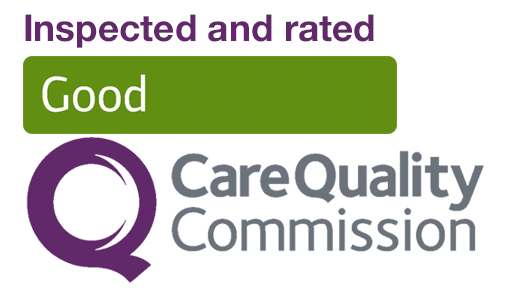During pregnancy, good nutrition(calcium, folate, iron, protein) is essential for you and your baby. You need to eat well to maintain your health and energy. If you go through our pregnancy guides week after week, you will find that your baby needs a lot of nutrients to keep growing and developing.
What Is the Role of Iron During Pregnancy?
For pregnant women, iron is one of the most essential nutrients. We all need iron because it is essential for the red blood cells which carry oxygen in our body. Iron is found in every red blood cell, and the average adult has about 25 trillion of these cells circulating in their bloodstream.
We need a lot more iron during pregnancy because we need to provide oxygen to ourselves and the baby. When we are pregnant, our body makes about 50% more blood, so we need a lot more iron than normal.
There won’t be enough red blood cells if you don’t have enough iron. This can lead to anemia, which is manifested by weakness, pale skin, and dizziness. Severe anemia can increase your risk for problems like a low birth rate, but it can normally be treated by simply increasing your iron intake or taking additional supplements.
When You’re Pregnant, How Much Iron Do You Need?
During pregnancy, most women should be able to get enough iron from a balanced diet and, if necessary, from prenatal supplements. During pregnancy, the recommended amount of iron is 27 mg per day, compared to the normal 18 mg required by women. During a blood test, the antenatal care provider will check your iron levels to see if you need extra iron.
Iron Tablets
Just take iron tablets (supplements) if a blood test indicates your levels are low. It is best to talk to your doctor, midwife, or dietitian to find out which iron tablet is best for you. As a side effect of taking iron tablets, you can experience constipation (difficulty opening your bowels).
How to Get Enough Iron When You’re Pregnant?
Iron can is present in a variety of foods. If you want to get enough iron, make sure you eat a lot of them:
Dairy Products
- To meet the needs of your growing baby, you should eat more protein and calcium during pregnancy. Examples of dairy products to consider are milk, cheese, and yogurt.
- Casein and whey are two types of high-quality protein found in dairy products. Dairy products are the best source of calcium in the diet, and they are also high in phosphorus, B vitamins, magnesium, and zinc.
Proteins and Lean Meat
- High-quality protein can be found in lean beef, pork, and chicken. Beef and pork are both high in iron, choline, and other B vitamins, which you’ll need more of during pregnancy.
- Iron is an important mineral that is a component of hemoglobin in red blood cells.
- Low iron levels in early and mid-pregnancy can lead to iron deficiency anemia, which increases the risk of a baby with low birth weight. Other issues include the source of trust.
Eggs
- Those amazing, edible eggs are the ultimate health food, as they contain a small amount of nearly every nutrient you need. A large egg provides approximately 80 calories, as well as high-quality protein, fat, and numerous vitamins and minerals.
- Choline, an essential nutrient during pregnancy, is abundant in eggs. It helps in the growth of a baby’s brain and helps prevent developmental disorders of the brain and spine.
- A single whole egg contains about 147 milligrams (mg) of choline, which will bring you closer to the current recommended choline intake of 450 mg per day during pregnancy (although more studies are underway to determine if this is sufficient).
Dried Fruit
- Dried fruits are high in calories, fiber, vitamins, and minerals. Dried fruits have the same nutritional value as of fresh fruits, but without water and in a much smaller package.
- Many vitamins and minerals, including folate, iron, and potassium, can be found in significant amounts in a single serving of dried fruit.
Sweet potatoes
- Sweet potatoes contain more iron, they are delicious cooked in different ways.
- Vitamin A is essential for the growth of a child. Just keep an eye out for high levels of animal sources of vitamin A, such as organ meats, which can cause toxicity.
- Fortunately, sweet potatoes are a good source of beta-carotene and plant fiber. Fiber keeps you full longer, lowers spikes in blood sugar, and aids digestion (which can really help if pregnancy constipation occurs).
Water
- Pregnant people, in particular. Blood volume increases by about 45% during pregnancy.
- Your body will hydrate your baby, but if you don’t drink enough water you can become dehydrated.
- Headaches, anxiety, fatigue, bad mood, and memory loss are all signs of moderate dehydration.
- Constipation can be relieved by increasing your water intake, as can the risk of urinary tract infections, which are normal during pregnancy.
- Pregnant women should drink about 80 ounces (2.3 liters) of water per day, according to general guidelines. However, the exact amount you need varies. Consult your doctor for advice based on your particular needs.
So you can contact us at bump2babyscans for healthy food tips & also for healthy baby scan to know proper growth of your baby and also we provide proper health chart for mother to have a good diet with proper iron nutrition for both mom and baby so contact us today at bump2babyscans.co.uk.


